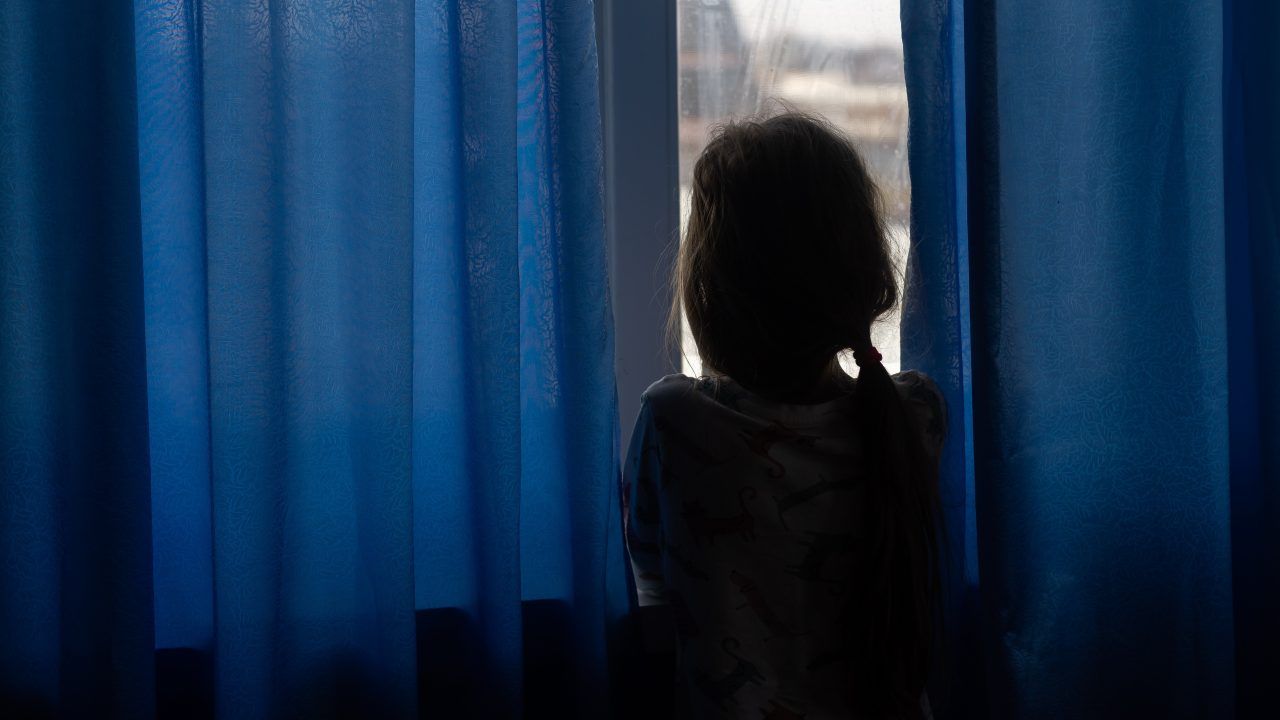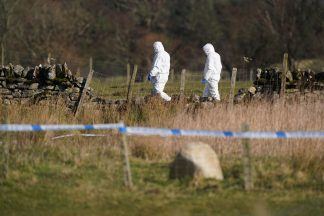Children face an “avalanche” of sexual exploitation and abuse online and behind closed doors, a study by Scottish researchers has found.
A wide-ranging analysis of population-based surveys suggested 7% of children across Western Europe are raped or sexually assaulted before they turn 18.
Almost 20% reported experiencing online solicitation or grooming before they turned 18 – defined as unwanted or pressured sexual interactions online.
This suggests nearly 15 million children affected in the region are affected.
The figures were included in the annual report from the Childlight Global Child Safety Institute, hosted at the University of Edinburgh.
By analysing population-based surveys from across several countries, it produced insights into the scale of sexual assault and rape of children.
The figures for rape and sexual assault showed that prevalence is higher among females (9.7%) than among males (3.9%).
The analysis was of 48 studies from 19 European countries.
Childlight chief executive Paul Stanfield said: “People often say home is where the heart is but, sadly for too many children, home is where the hurt is.
“We see betrayal of trust by those known to children on a vast scale, compounded by insufficient protections by tech companies and regulators to avoid digital crime scenes in children’s bedrooms.
“It’s a hidden emergency in places where children should be safest, an avalanche of abuse behind closed doors – but it’s preventable, not inevitable.”
The Childlight centre also highlighted a recent surged in harmful AI-generated “deep fake” abuse material.
This surged by 325% between 2023 and 2024, according to the US-based National Centre for Missing and Exploited Children.
Professor Deborah Fry of the University of Edinburgh led the research.
She said: “Even though the evidence is limited to a handful of countries and prevalence estimates vary widely, what we know about sexual violence against children within families underscores the need to invest in primary prevention or stopping it before it ever starts.
“This is a form of violence that is hardest to measure and often hardest to confront.”
She said many cases are never identified because children often stay silent.
Prof Fry said: “They may fear the abuser or that they will hurt their family, they may blame themselves – or not realise that what happened was abuse.
“Yet we know it can lead to lasting trauma, affecting the health and even life expectancy of survivors.”
Ofcom spokesperson: “This research highlights the serious risks children face online, and we’re clear that industry prioritising clicks and engagement over children’s online safety will no longer be tolerated.
“Our rules demand a safety-first approach in how tech firms design and operate their services in the UK. They have to take action to reduce the risk of illegal content appearing on their sites – including child sexual abuse material – and act quickly to remove it when they become aware of it.
“Our children’s rules are clear that they should be offered greater protections online, including safer social media feeds with less harmful and dangerous content, protections from being contacted by strangers and effective age checks on adult content.
“Tech firms that don’t comply with their duties can expect enforcement action.”
A UK Government spokesperson said: “Child sexual abuse is a vile crime that inflicts lasting trauma. We are fully committed to tackling it through strong national and local leadership, doing everything in our power to prevent harm, protect children, and support victims and survivors.
“We are equally uncompromising in confronting predators who exploit the internet and emerging technologies to commit these horrific acts. UK law is crystal clear: creating, possessing, or distributing child sexual abuse material — including AI-generated images — is illegal.”
Interpol has been contacted for comment.
Follow STV News on WhatsApp
Scan the QR code on your mobile device for all the latest news from around the country


 Adobe Stock
Adobe Stock

























